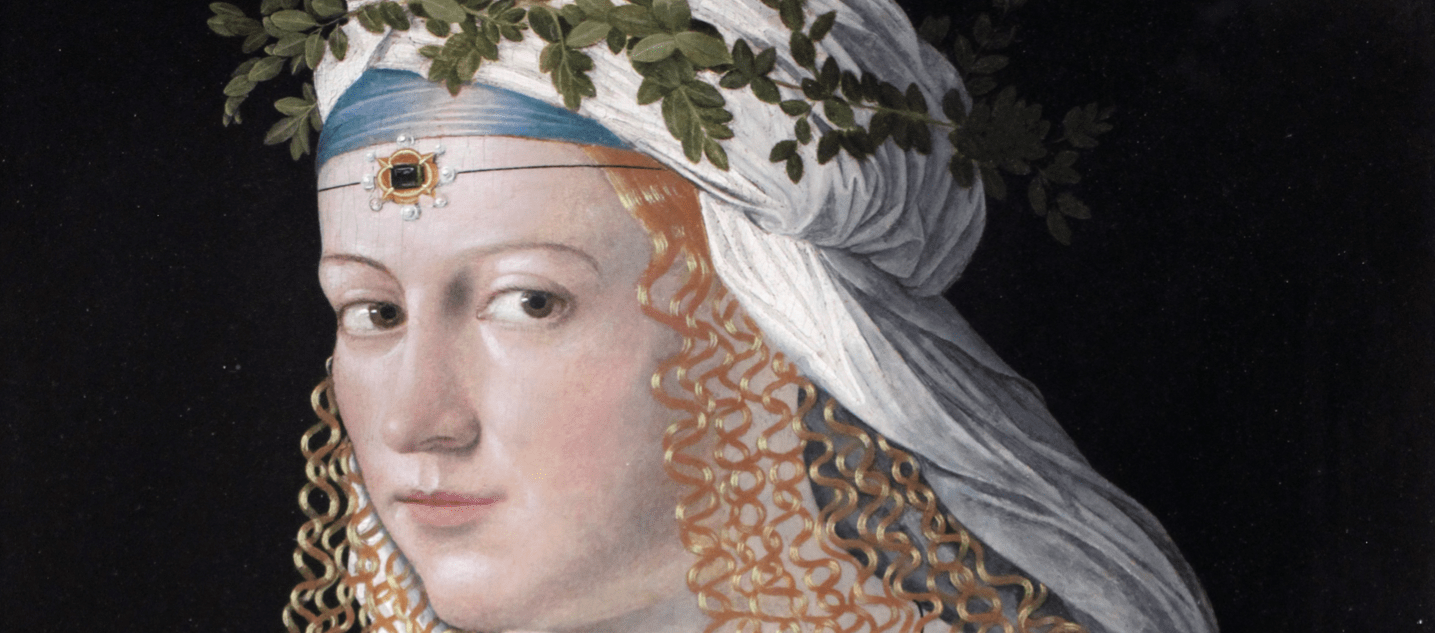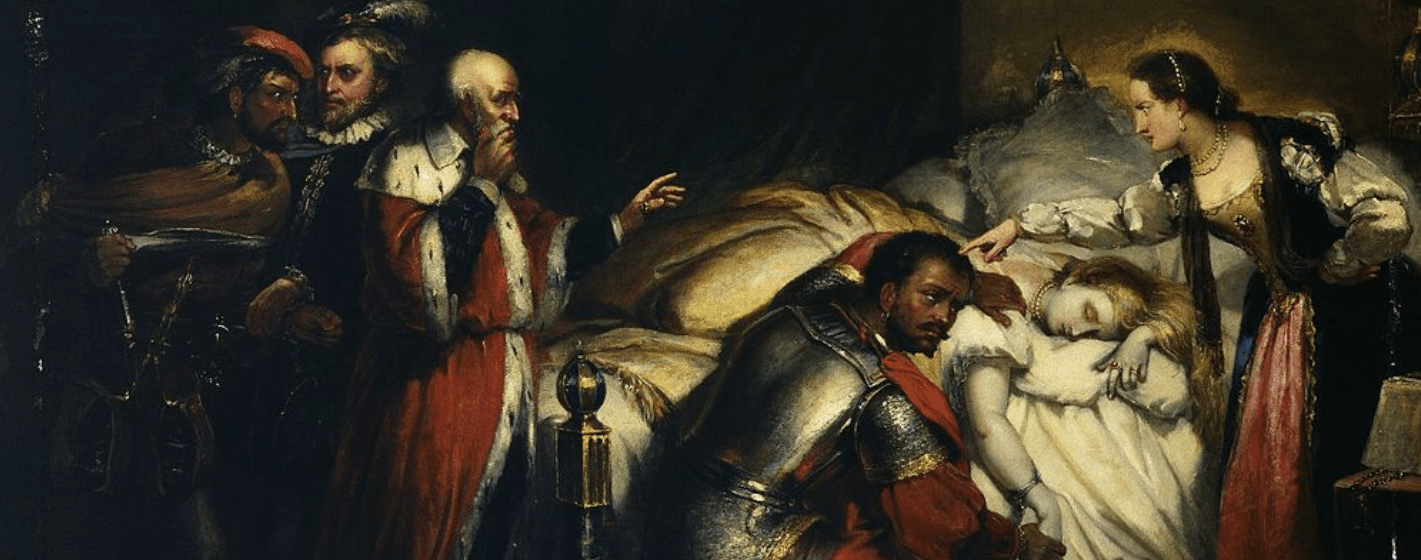Claudius has been dubbed as the central villain in ‘Hamlet,’ and considering it is his immoral actions that lead to Hamlet’s quest for revenge, one could easily agree that he is the archetypal villain. It is very easy to say that Claudius is the reason for the ‘moral poisoning,’ as Tawe notes, in Denmark, butContinue reading “‘Claudius in ‘Hamlet’ is powerful and effective in his leadership, but not as a man’”
Tag Archives: Shakespeare
‘Ophelia’ 2018: An Analysis
The 2018 film ‘Ophelia’ is based on the original ‘Hamlet’ character who was the protagonist of Lisa Klein’s novel. The film tells the story of ‘Hamlet’ but from Ophelia’s perspective. The film follows Ophelia’s life from when she was a child, who first entered court, to her whereabouts at the end of the play. WhileContinue reading “‘Ophelia’ 2018: An Analysis”
Close Analysis: A Tudor Witch Bottle
The object is a salt-glazed witches bottle, which was discovered in Greenwich in 2004. Inside was a sample of human urine, bent nails and pins, a pierced leather heart, fingernail clippings, naval fluff and hair and sulphur and brimstone. The presence of these materials was illuminated by Joseph Blagrave’s ‘Astrological Practice of Physic’ which notedContinue reading “Close Analysis: A Tudor Witch Bottle”
Female Suffering in Shakespeare: Ophelia and Juliet
Female expressions of love lead to suffering, and this initial suffering comes in the form of exploitation. Ophelia suffers as she is exploited by Polonius and Claudius in Hamlet because of her love for the title character. Although their love is debated, Ophelia confesses that she did ‘love’ Hamlet ‘once’ (3.1.1114).[1] AC Bradley concurs, declaringContinue reading “Female Suffering in Shakespeare: Ophelia and Juliet”
Why does Hamlet delay his revenge?
Critic Kenneth Muir is right in saying that there are ‘many different explanations’ for Hamlet’s procrastination in avenging his father. Hamlet is delayed by others and delayed by himself, as he grapples with his own conscience in his quest to avenge his fathers’ ‘foul and most unnatural murder.’ Hamlet is clearly grieving for his father.Continue reading “Why does Hamlet delay his revenge?”
Lucrezia Borgia: Incest, Poison and Sexual Scandal?
Lucrezia Borgia’s reputation precedes her, as the debauched daughter of Rodrigo Borgia, more commonly known as Pope Alexander VI. The Borgia family dominated Renaissance Italy, and some describe them as Italy’s original crime family. What an iconic bunch. Lucrezia gets a lot of attention, especially in relation to her three marriages, and reputation as anContinue reading “Lucrezia Borgia: Incest, Poison and Sexual Scandal?”
Plutarch on the real Antony and Cleopatra
It’s difficult to separate the fact from the fiction, when dealing with Mark Antony and Cleopatra, as so little sources survive about their love affair. One that does and is fairly accessible, is that of Plutarch, a renowned Roman philosopher and biographer. Now, he was not alive to witness these events first-hand, but his accountContinue reading “Plutarch on the real Antony and Cleopatra”
Being a Conscious Reader, the Consciousness and Hamlet
The term ‘consciousness’ is used to describe a person’s perception or awareness of something else, and as an English literature student, exploring the conscious mind of a character is how one truly gets to know them. By exploring their innermost fears, desires and loves, the true nature of a character’s personality can be revealed. TheContinue reading “Being a Conscious Reader, the Consciousness and Hamlet”
O! O! O! Othello’s Oddly Onnoying Onderdevelopment
Some criticisms of Othello… Now, I like Othello. Shakespeare brings the issue of race into his plays, and really paints a stunning portrait of a pure marriage that is slowly poisoned. Despite that being at the heart of the play, I found that a lot of other aspects of it are slightly underdeveloped… and evenContinue reading “O! O! O! Othello’s Oddly Onnoying Onderdevelopment”
Power relations in ‘A Midsummer Night’s Dream’ and ‘Antigone’
Foucault notes that power is ‘interwoven with all social relations,’[1] and such relations occur as a result of ‘divisions and inequalities.’[2] In both ‘Antigone and ‘A Midsummer Night’s Dream,’ power relations are defined by the inequality that is influenced by gender. The control that Creon has over Antigone, as her King and uncle, and theContinue reading “Power relations in ‘A Midsummer Night’s Dream’ and ‘Antigone’”









